Boosting the UK economy requires an education system that prioritises financial literacy, not just maths

GoHenry’s Louise Hill discusses the financial literacy gap. From why financial education should be a standalone subject from primary school age, to why collaboration between employers and Government is needed to improve the nation’s financial wellness.
We all need to know basic maths, whether that’s using addition when checking a supermarket receipt, or division when splitting the bill at a restaurant. Numeracy is of course a key life skill but when comparing how much of what we learnt at school (long division, anyone?) to what we use as adults, it feels amiss that financial literacy isn’t being promoted by the Prime Minister in the same way numeracy is.
Whenever I speak to anyone about the financial literacy gap and our aim at GoHenry to get it taught as a standalone subject in schools, everyone without fail has the exact same reaction. They say what a sensible idea it is, how it’s crazy that it isn’t happening already, or how they wish they had experienced financial education lessons themselves when they were at school.
It’s reactions like this which prompted GoHenry to hold a roundtable discussion in the House of Commons last month, which found that cross-party Parliamentarians are united in supporting the need for better financial education in ALL schools across the UK – starting from primary age. The group were joined by money experts and industry campaigners, all of which share the view that in today’s turbulent economic climate, all young people need to learn money skills, not just more maths.
Financial education has always been a priority for me and it’s why I started GoHenry back in 2012. Kids were being left behind when it came to financial literacy (in particular, in the digital world) and I wanted to give them a chance to learn the money skills they weren’t being taught in schools or by their parents (who had also received little to no financial education).
Such skills are essential to help people effectively manage their finances, especially during periods of uncertainty or hardship like the ongoing cost of living crisis. These are skills that – unlike Pythagoras’ theorem – can help reduce debt, increase savings levels and build financial resilience. Just like swimming, financial literacy is an essential life skill that young people should receive expert training on, rather than being thrown into the deep end without support when they leave full time education.
Prioritising financial education alongside mathematics could have far-reaching benefits. At GoHenry, we conducted economic modelling which revealed a greater focus on financial education could add £200bn to the UK economy by 2050. This will go some way to plugging the gap caused by poor numeracy, which Rishi Sunak notes is costing the economy tens of billions a year.
With money habits formed by the age of 7, financial skills are best learned early
At the moment, financial education is only compulsory on the secondary school curriculum in England, but even then it’s mostly only taught as part of Citizenship and is not assessed, so naturally it’s often deprioritised. The age we start speaking to children about money really does make an impact and starting financial discussions early, whether at home or in the classroom, is the best way to form positive habits that will last a lifetime.
By making financial education a standalone subject from primary school age, we can better prepare individuals for entering the adult world of finance at age 18. I wish someone had explained to me better about the power of starting my pension at a younger age or investing little and often. As an adult now running a global fintech company, I am hugely passionate about making sure more is being done to give younger generations the tools and skills they need to succeed in the world of work.
Financial literacy provides an important foundation for those going on to further education, apprenticeships or full-time work. Even the most abstract of career choices can benefit from good financial management skills. For example, reality TV influencers who are faced with managing a sudden influx of money from brand deals. Without some of the foundational money skills like budgeting, it is easy to expose yourself to risks such as overspending and debt.
While starting early is imperative, as society becomes increasingly cashless, the world of personal finance will continue to change and adapt. A recent report highlighted that nearly a third of 18-34-year-olds do not realise they can get into debt using Buy Now ay Later services, which have grown in popularity again over the past few years. To ensure we are best prepared for emerging technologies and innovations, continuous learning is essential.
Financial wellbeing – an employer’s imperative?
With the financial education landscape at school level remaining patchy, more people are looking for other means to fill these gaps and support lifelong learning. Recent research from Claro Wellbeing highlighted that 69% of people say their employer should be doing more to support their personal finances with another 67% claiming that money worries affect their work performance.
This is having wide-reaching implications for educators and employers. Financial wellbeing benefits, such as education and training, are becoming increasingly sought after and more employers are building financial education into wellbeing programmes. In doing so, they are increasing levels of staff retention and staff satisfaction – and, in turn, helping their businesses save money too.
To holistically improve the nation’s financial wellness therefore, collaboration is needed. While employers and further education providers absolutely have a role to play in improving the UK’s financial fitness, government and industry must also do their bit to develop educational programmes that will facilitate the development of key money skills that will deliver a positive outcome for individuals, businesses and the economy at large. To use a parenting analogy, it takes a village – it’s not a race one person can win alone.
By Louise Hill, Co-Founder and COO of GoHenry
FE News on the go…
Welcome to FE News on the go, the podcast that delivers exclusive articles from the world of further education straight to your ears.
We are experimenting with Artificial Intelligence to make our exclusive articles even more accessible while also automating the process for our team of project managers.
In each episode, our thought leaders and sector influencers will delve into the most pressing issues facing the FE sector, offering their insights and analysis on the latest news, trends, and developments.

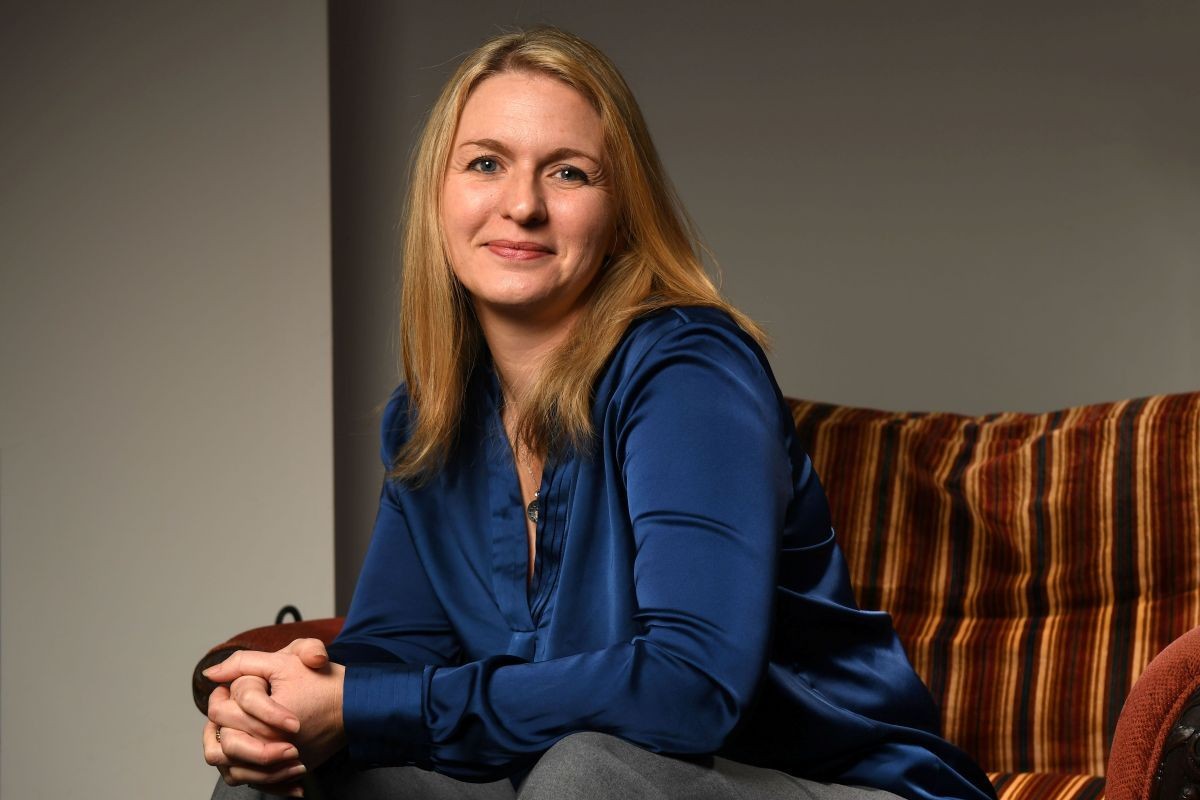
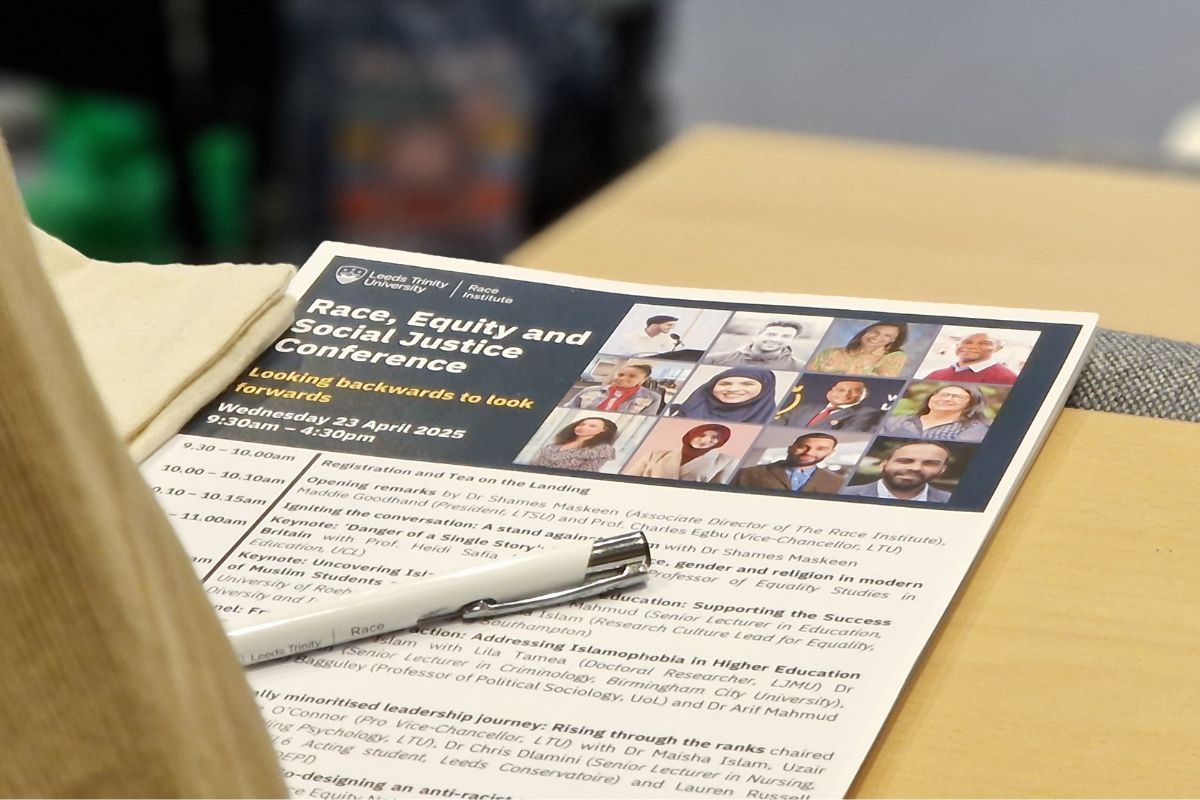

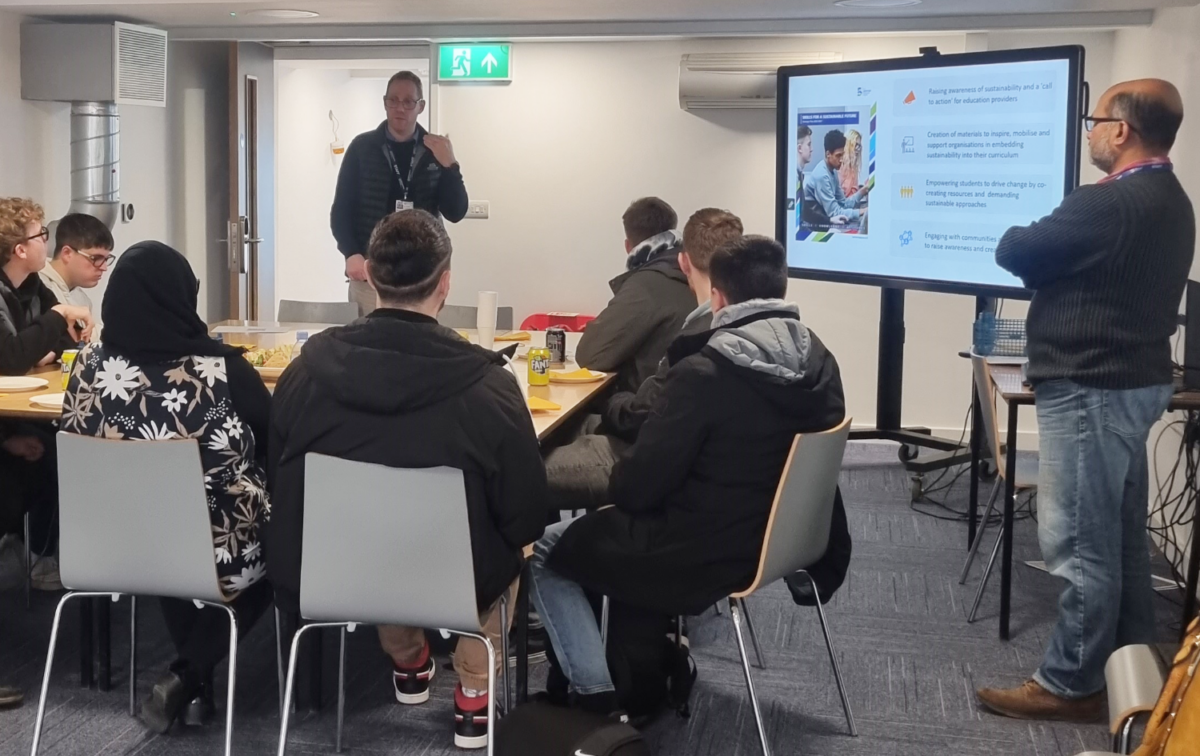
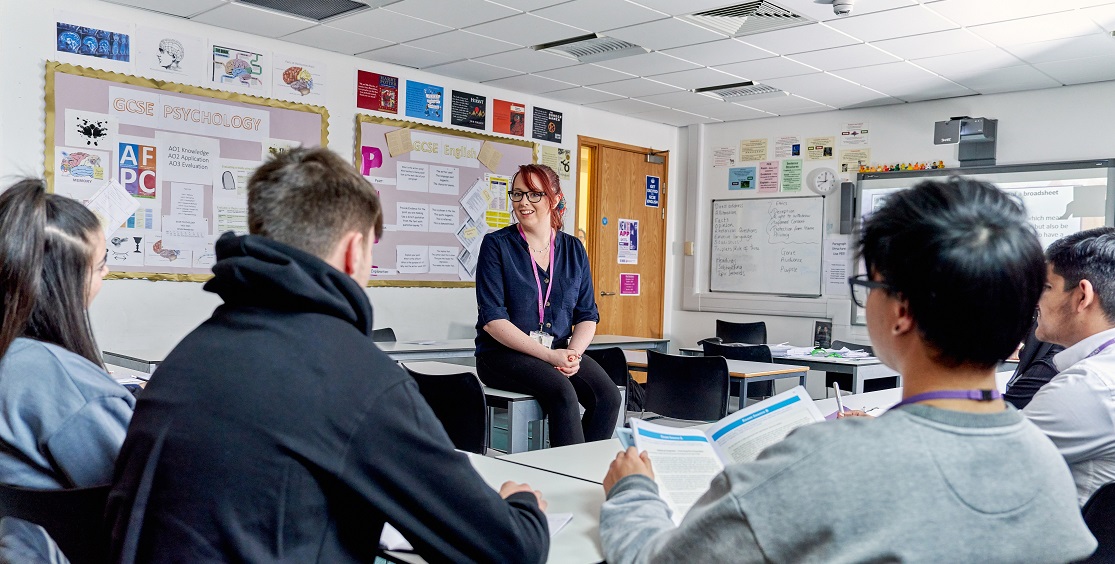

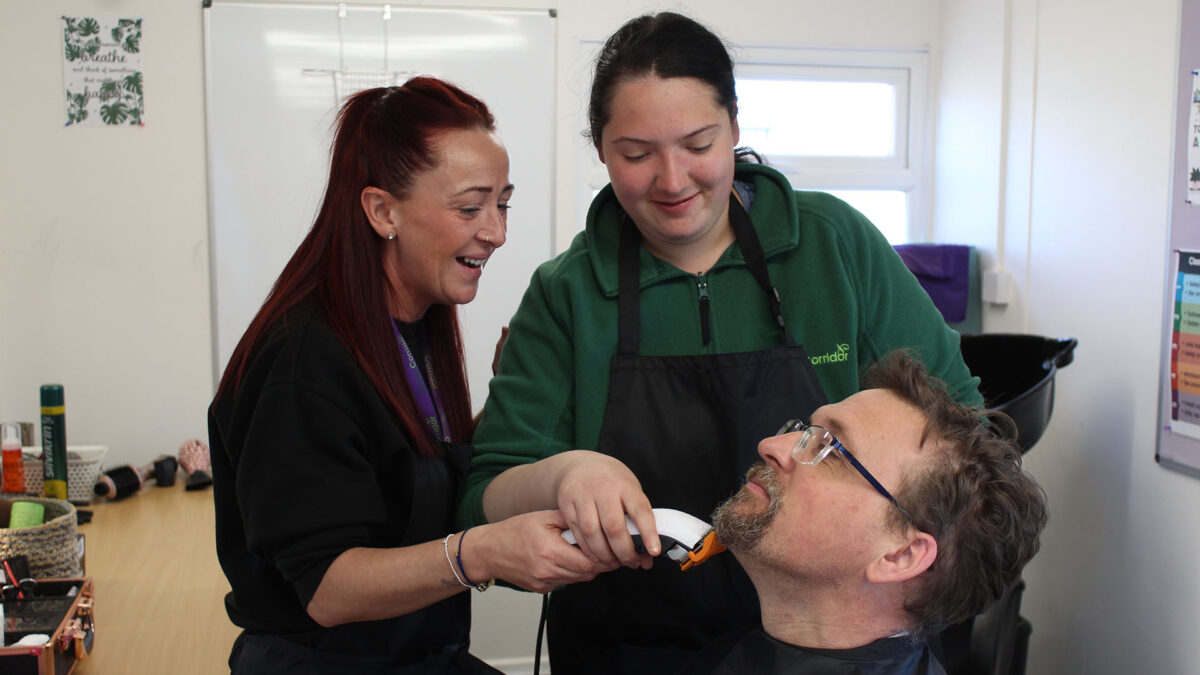



Responses